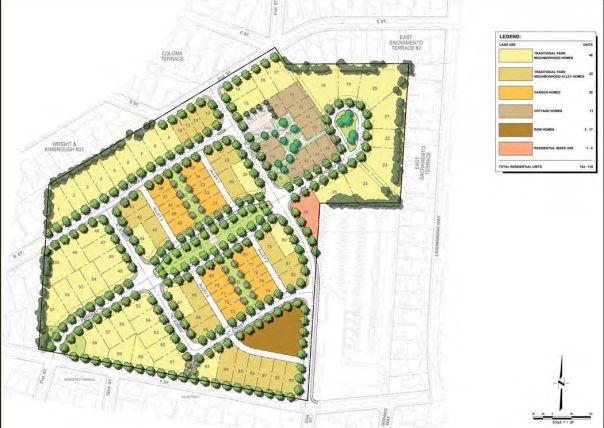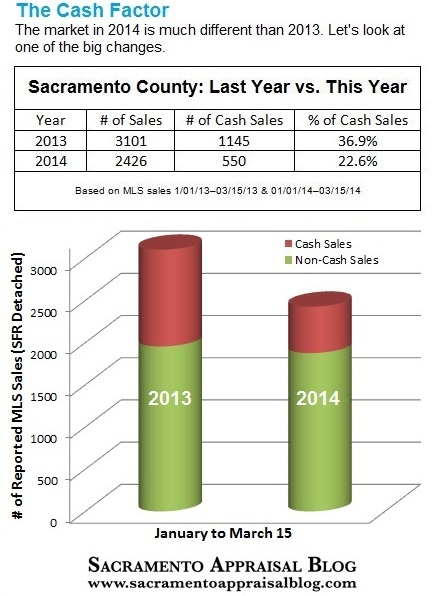Buying
a home is one of the biggest investments of a lifetime, but does you want to be paying for it for the rest of their life?
Of
course not!
Which
begs the question: If a homeowner has the means,
is prepaying your mortgage a good idea?
Most
of the time, it is.
Homeowners
who have the means to pre-pay, can save a substantial amount of money in
interest, shorten the length of the loan, increase the equity in the home and
own it outright sooner.
But
before you start writing checks to the mortgage company, there are a few
things to compare to ensure the money wouldn’t be better used elsewhere.
First: Do you have any other debt?
It
makes a lot more sense to pay off first any debt higher than their current mortgage
rate and (of course) and is non tax deductible.
Second: Is your retirement plan on track?
For
most Americans their home is the large part of their retirement program.
But
if the homeowner isn’t maxing out their retirement account contributions
prepaying your mortgage isn’t something to consider just yet.
Third:
Do you have an emergency savings account?
Most
families need between six months to a year’s salary in an emergency fund before
they should consider prepaying their mortgage.
For those homeowners in
good shape financially, consider this:
By
making just one extra mortgage payment per year, homeowners can substantially
reduce the total cost of your loan.
For
example: A homeowner who borrowed $100,000 on a
30-year loan at 4 percent, the monthly payment would be $477.
By
making 13 payments a year instead of 12, homeowners save over $10,000 in
interest over the life of the loan and reduce the total loan term by four years.
Doubling
a mortgage payment, you could pay
off that same 30-year loan in only 11 years.
Editor’s
note: When writing a check to the bank for the extra payment, it’s
important to mark on it that you want it to be applied to the principal.
Otherwise
the lender may apply the extra payment to interest, and paying interest in
advance does not earn you any more equity in your home. But do your homework.
The Cons
Remember
that prepaying a mortgage isn’t the best option for everyone.
And
in addition to making sure that your other higher-interest, non-deductible
debts are paid first and your retirement and emergency savings accounts are in
order, there are a few other reasons why you might not choose to prepare your
mortgage.
If
the mortgage rate is extremely low, it might be better to use the liquid cash
for other investments with a higher rate of return. (stock market) or a
property investment that has a higher rate of return over time.
clear skies,
Doug Reynolds
Realtor
916-494-8441

















